We all share that tomorrow’s challenges have become today’s concerns. Universities have to play their part to trigger, develop and even anticipate those transitions. Beyond their teaching and research core-missions, they actively committ in social responsability. What does this mean ? It means embrace all cultural, social, economics and environment stakes, not only within their own activities but also in their collaborations with public & private partners, and other social groups.
Université de Lorraine actively commits itself, leaning on strong and shared values that are gathered in the Values Charter. Our university supports societal evolutions (equality, diversity and inclusion) and ecological transition, strongly linked to the 17 Sustainable Development Goals (SDGs) defined by the United Nations.
The whole stakeholders (students, staffs) commit themselves day-to-day to protect the environment, to fight against discrimination, for the life-quality on campuses, for better live together and to build up a more responsible and inclusive university.
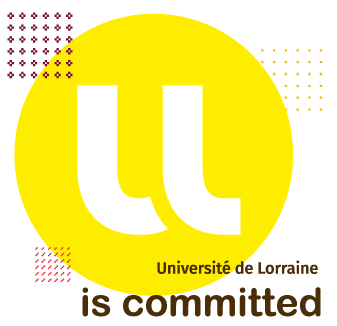
Equality – Diversity – Inclusion

identifYING AND REPORTING situations OF HARASSMENT AND discrimination
Université de Lorraine’s report & support procedure
In keeping with Université de Lorraine’s commitment to combatting sexual violence and discrimination, a guidance mechanism allows for the definition of measures in the event of sexual harassment or more broadly any form of sexual violence and discrimination.
How does the procedure work?
Any student or staff member can report behaviour of this kind by:
- telephone at +33 (0)6 38 97 73 91 (special dedicated number)
- email at harcelement-sexuel-discrimination@univ-lorraine.fr
The occupational counsellor or work conditions and relations delegate answers these calls in complete confidentiality and asks the caller to attend an initial interview to gather the facts and discuss the next steps. From the gathering of information to the initiation of disciplinary and/or criminal proceedings, provision is made for guidance for the victim throughout.
+33 (0)6 38 97 73 91 – harcelement-sexuel-discrimination@univ-lorraine.fr
This procedure is separate from any external steps taken by the victim (reporting the matter to the police, contacting an association, etc.).
This report & support procedure is for students and staff at the University who are a victim or witness of sexual or gender-based violence and more broadly any form of sexual violence or discrimination. It responds to Circular 2015-193 on the “prevention and management of sexual harassment in public higher education and research institutions coming under the French Ministry of National Education, Higher Education and Research”. It is overseen by the Pro-Vice-Chancellor for Equality and Diversity.
Procedure for reporting and managing bullying situations
Université de Lorraine has set up a simple reporting system via an email address and a telephone number going through to the report & support unit, manned by the occupational counsellor and careers and individual support officer. This procedure was passed by Université de Lorraine’s Board of Governors at the meeting on 29 September 2020. It is for staff and PhD students alike.
How can you report an incident?
You have two options:
- Either send an email to: harcelement-moral-au-travail@univ-lorraine.fr
- Or get in touch directly with the report & support unit advisors:
- Nadja Formet, Occupational Counsellor – +33 (0)3 72 74 00 86,
- Estelle Moeglin, Careers and Individual Support Officer – +33 (0)3 72 74 01 67.
How are reports managed?
Once a report has been made, the alleged victim is offered a meeting (to which s/he can bring another person if s/he wishes) with the two advisors at the unit.
If the alleged bullying is confirmed, the victim is referred to the occupational physician while the report & support unit puts together a case file by collecting evidence together with the alleged victim. This case file is then examined by the Liaison Group for Situations of Bullying (GLSH). This interdisciplinary group brings together the University’s departments and staff representatives (membership: HR Department, Working Conditions and Relations Officer/DRCT, Legal Affairs Department, occupational physicians, social assistants, one representative of the Health, Safety & Wellbeing Committee (CHSCT) and the report & support unit).
Recommendations are then outlined to the Chair, aimed at protecting the alleged victim and, where applicable, bringing an end to the bullying. The GLSH monitors their implementation.
Note that the Chair may, at any time, decide to lodge a formal complaint with the public prosecutor.
The French defender of rights’ report & support service for discrimination victims
The French Defender of Rights, an independent administrative authority, has launched the antidiscriminations.fr website, its new report & support service for victims. Equipped with a 4-number hotline (39 28), a chat feature and access for deaf or hearing-impaired people, it is intended for victims or witnesses of discrimination, on whatever basis (origin, disability, gender, etc.) and irrespective of the sector (employment, housing, access to a service, etc.). The Defender of Rights’ legal advisors listen to, support and guide individuals free of charge in order to restore their rights.
Dealing with cyberbullying
- Have a look at the Non au harcèlement website of the French Ministry of National Education, Youth and Sport.
- If you would like to talk about it, get advice or support, particularly to get a post removed, then contact www.netecoute.fr.
- You can also contact the gendarmerie’s online help service to ask questions.
- If you would like to lodge an official report, we recommend preparing a case file with screenshots either in a paper folder or on a flash drive before going to the police or gendarmerie.
EQUALITY – DiversitY – Inclusion (EDI) MISSION
The aim of Université de Lorraine’s Equality – Diversity – Inclusion (EDI) is to combat discrimination primarily on the grounds of gender, race or ethnic origin, religion or belief, disability, age or sexual orientation. Within the university, the main goal is to foster the issue of “living together”. More widely, it aims at bringing answers, through research, to questions raised by those inequalites, and prepare thourgh teaching, responsible and open wided citizens and professionnals.

Gender equality and sexual and gender-based violence
Université de Lorraine sets significant store by gender equality in its action plan in the same way as other higher education institutions. Two main pillars underpin its action in this area:
- the first pillar concerns initiatives to promote diversity. Through this pillar, which could be considered the ‘bright side’ of gender equality, Université de Lorraine’s EDI mission holds awareness and communication sessions with students and the whole of the university community with a view to:
- promoting equal opportunities for young women and men across the different sectors, in their career guidance and integration in the workplace;
- improving equality in the recruitment and career progression of all staff at all levels. In particular, helping women to more easily access leadership roles at the University;
- developing appropriate training at the University or for external partners.
- the second pillar concerns steps to combat sexual and gender-based violence, considered to be the ‘dark side’. With this in mind, Université de Lorraine has had a system in place for reporting and managing situations of sexual and gender-based violence since 2018, which has now been extended to the management of situations of discrimination. Awareness and communication campaigns are organised at regular intervals to encourage people to speak out and report any cases of such violence or discrimination.
The EDI mission also holds training sessions on a range of relevant themes, aimed at empowering advisors within the University’s different faculties and departments to deal more aptly with these situations.
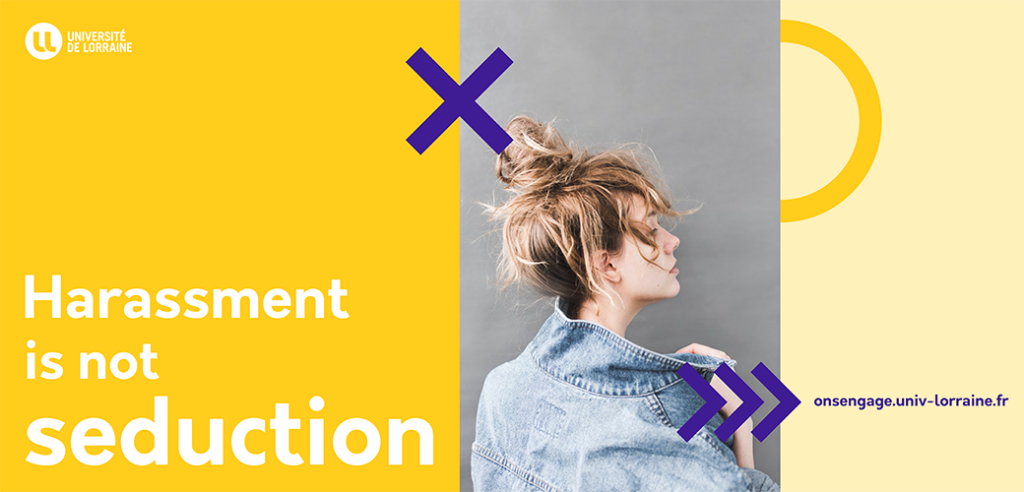
Sexual orientation and gender identity
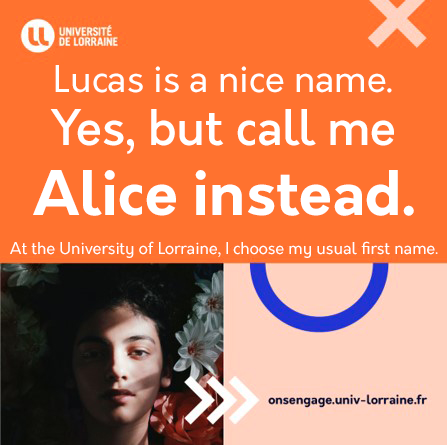
Combatting LGBT+phobia is a key EDI priority at Université de Lorraine. Freedom is at the bedrock of the University’s EDI policy. Freedom to choose one’s gender and the freedom to choose one’s orientation.
Gender identity
Université de Lorraine has pledged to facilitate people’s choice of the name by which they wish to be known, by simple request. Through this policy, the University underscores its commitment to equality as regards the LGBT+ community.
Sexual orientation
Action against LGBT+phobia also aims at guaranteeing freedom of sexual orientation among students and staff at the University. In practice, awareness and communication sessions are organised on campus.
Disability

Disability is another key priority of the University’s EDI policy. In addition to the EDI mission, which works to raise awareness among the university community about the inclusion of people with disabilities, there is also a specially dedicated Disability mission. Its services include supporting people with disabilities and ensuring suitable adjustments and accessible facilities are laid out for their well-being (wheelchair ramps, elevators, etc.).
The Disability mission also ensures reasonable adjustments to positions for staff with disabilities working at the University.
Ethno-racial discrimination and secularism
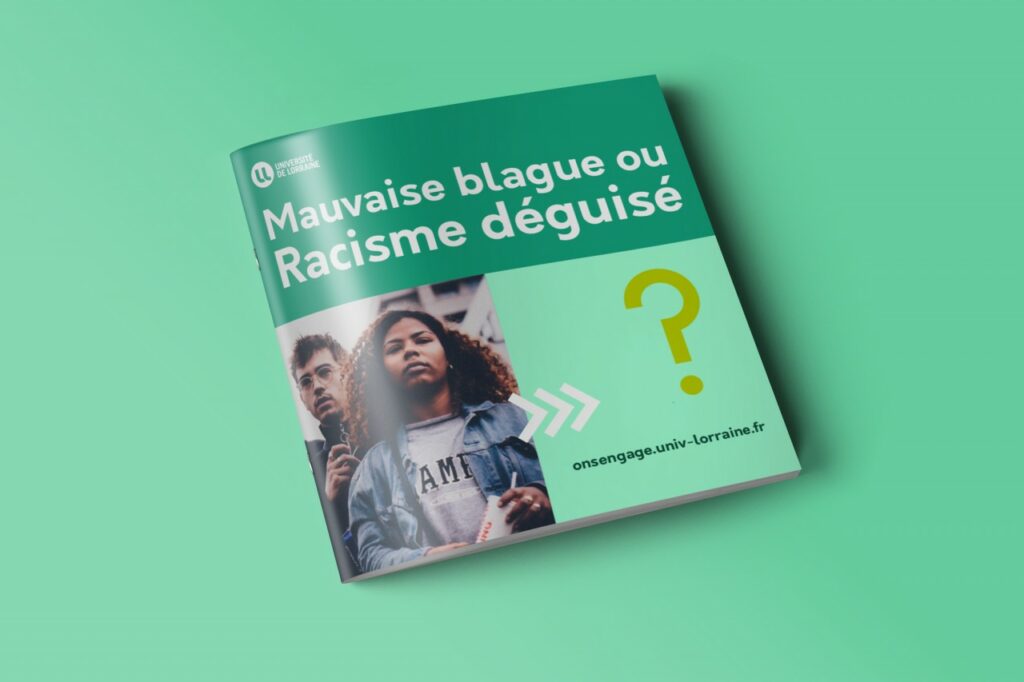
As a societal issue of global significance, ethno-racial discrimination is a central concern of the University’s EDI policy and a key focus for the EDI mission. In addition to combatting racism and antisemitism, secularism has also risen to the top of the social agenda in recent years. The EDI mission thus strives to guarantee the principle of secularism and to promote ethno-racial diversity by organising awareness programmes and events. Panel discussions are organised at regular intervals with contributions from specialists in secularism, religions or ethno-racial discrimination. Through a multicultural approach, the Equality-Diversity-Inclusion mission seeks to promote the culture of respect for others and to paint our differences in a positive light, within the context of our community life.
Other forms of discrimination
The cross-cutting nature of the fight against discrimination and sheer number of criteria defined by law are just some of the reasons why Université de Lorraine’s EDI mission extends the scope of its action to encompass all types of discrimination, especially that associated with physical appearance (weight stigma).
SUSTAINABILITY & THE ENVIRONMENT
Whilst sustainability themes inform education and research at Université de Lorraine, the university community at large is committed to environmental issues, both at central governance level and within the faculties and departments. These themes also drive a number of student associations.
Energy transition of buildings and energy efficiency
Université de Lorraine’s active involvement in energy transition dates back to 2009 when an initiative was launched to better manage the energy consumption of its real estate. This initiative led to the recruitment of a Head of Energy, Pierre-Jean Mougel. With 251 buildings and a surface area of 905,000 sq.m. in its portfolio, the University has a high energy footprint.
In 2009, annual heating bills were equivalent to those of 10,000 homes or a town of 30,000 inhabitants, such as Vandœuvre-lès-Nancy or Epinal.
By 2019, these bills had fallen to the equivalent of 8,000 homes, or a town of 24,000 inhabitants, similar to the size of Montigny-lès-Metz.
The difference amounts to the same consumption as a town of 6,000 inhabitants, like Commercy.
Renewable energy development: biomass heating – connection to district heating networks with a high share of renewables
Biomass is organic material that can harnessed as an energy source, such as wood. Université de Lorraine has chosen to connect several campuses to biomass-powered district heating networks. The 42,000 sq.m. which relied on fuel oil for heating have thus been transferred to lower-CO2 energy sources.
Sustainable travel methods
Université de Lorraine supports projects in its community to make travel less polluting and the campuses more accommodating to new transport methods. With that in mind, it is already investing in innovative bike stores and pump and repair stations. It is also developing its own fleet of electric cars and bikes.
Waste sorting, recycling and recovery
Université de Lorraine implements waste reduction and recycling measures.
- Waste sorting, the number one eco-friendly gesture: the University has organised different waste streams across its sites, and purchased 1,600 sets of recycling bins. A comprehensive provision of collection streams, including non-recyclable waste such as household waste or ordinary industrial waste, recyclable waste (paper, cardboard, packaging, metal, e-waste and glass), pens, cans, green waste or chemical and radioactive waste, have been rolled out.
- Waste reduction: the University is stepping up waste reduction schemes by making reusable supplies available to staff and students and conducting awareness and training initiatives.
Safeguarding biodiversity
The University is going the extra mile to address sustainability issues by outlining a new model for managing its green spaces combining ecological, economic and social requirements. The aim is to rethink our upkeep approach by only taking action whenever absolutely necessary. The horticultural model calling for intensive upkeep will no longer be applied systematically. Some lawns will left to allow nature more time and scope for biodiversity to develop before being mown. Precedence will be given to local species that are more resistant to potential pests…
More sustainable digital technology
The University intends to engage in a strategy aimed at designing more energy-efficient, eco-friendly digital services.











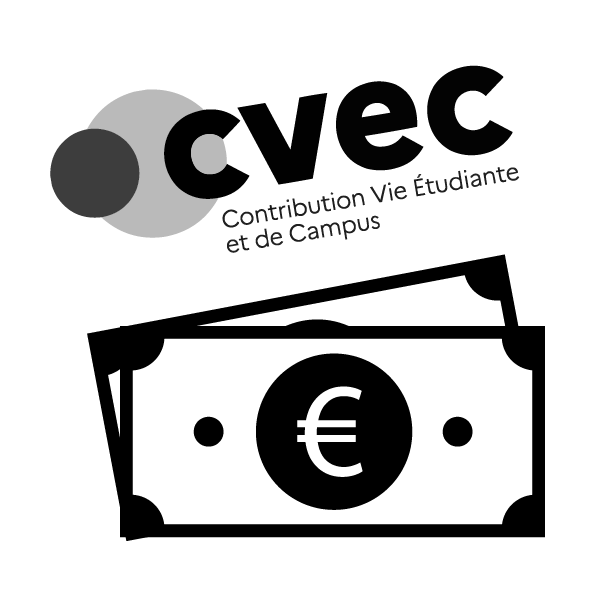

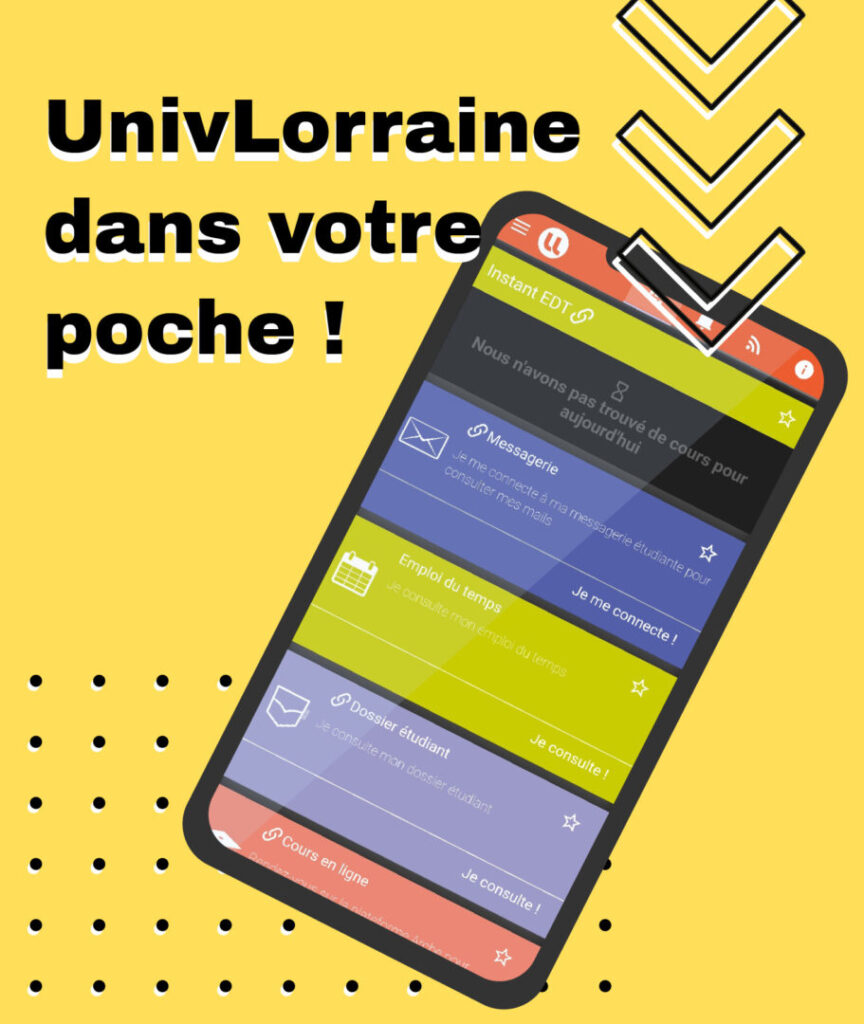









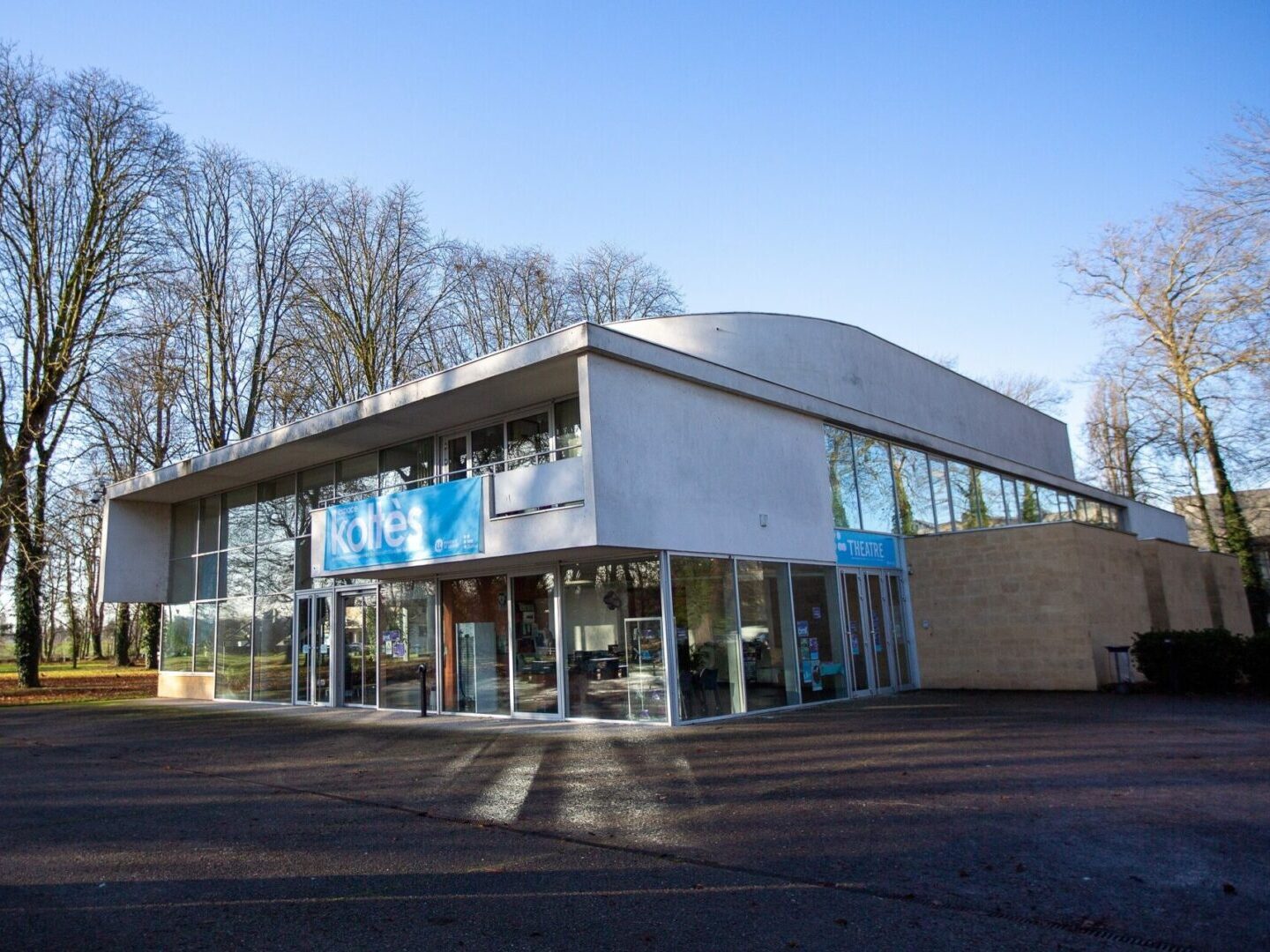


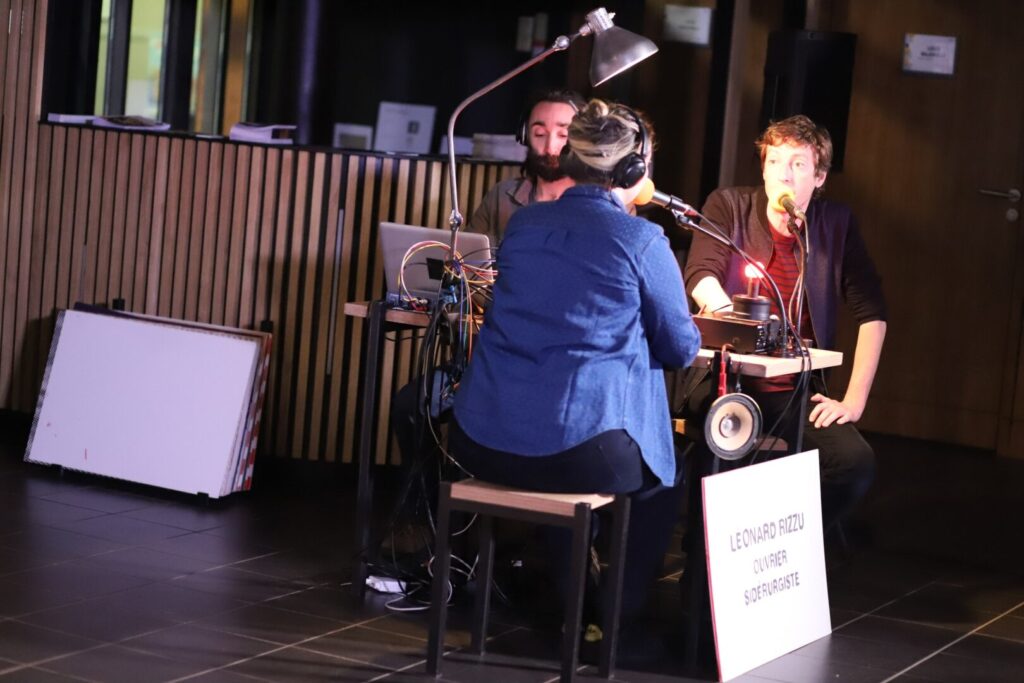
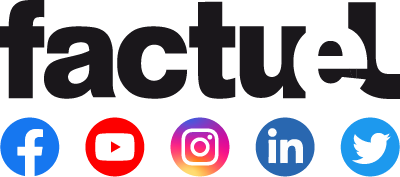









 Julien Vasseur est responsable d’une équipe de 30 personnes en charge des travaux neufs du domaine électrique ainsi que les essais avant mise en service.
Julien Vasseur est responsable d’une équipe de 30 personnes en charge des travaux neufs du domaine électrique ainsi que les essais avant mise en service. Noureddine Takorabet, Professeur des universités, enseigne à l’ENSEM. Il est, depuis 2018, directeur du GREEN, laboratoire de recherche de l’Université de Lorraine.
Noureddine Takorabet, Professeur des universités, enseigne à l’ENSEM. Il est, depuis 2018, directeur du GREEN, laboratoire de recherche de l’Université de Lorraine.